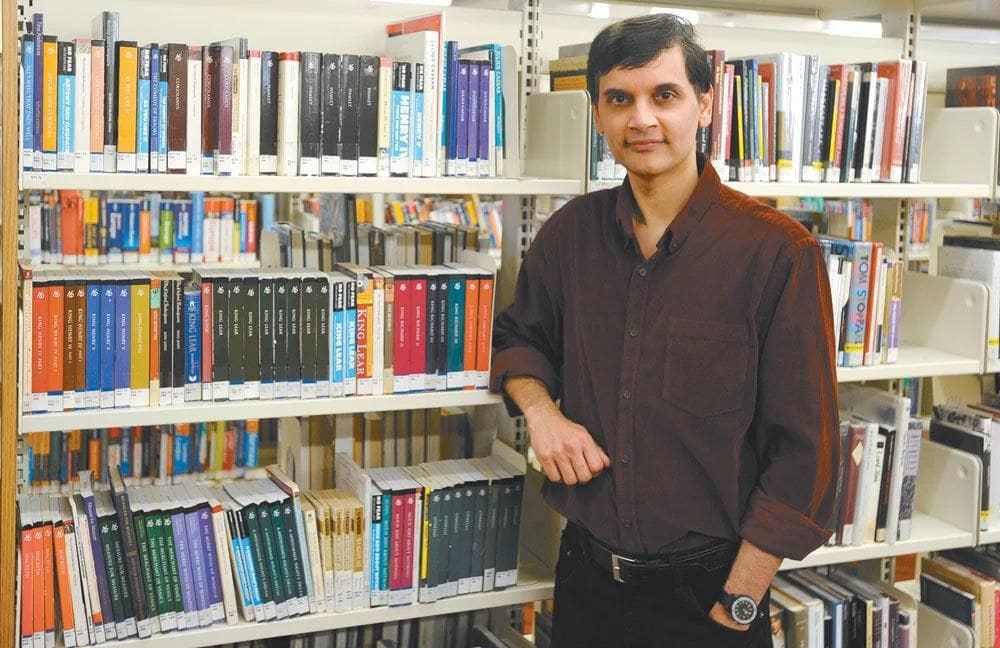A Shared Tapestry: Poetry, Community and Culture
by Jeevan Bhagwat
for National Poetry Month, April 2020
The world is filled with poetry. It spills out from neighbourhood cafes and public school classrooms across the nation, saturating its soil with culture. Now more than ever, poetry is experiencing a renaissance that is manifested in the proliferation of alternative venues where poets can share their art and connect with like-minded individuals.
Public libraries, bookstores, poetry groups – even people’s own homes, are now opening their doors to offer a space for the creation and dissemination of poetry. Those who cannot physically attend a reading or a poetry group meeting can now connect with other poets via the internet. Indeed, whole online poetry communities have evolved to address the growing need for poets to have their voices heard and for poetry enthusiasts to satiate their appetite for the written or spoken word.
But why now? Why the sudden explosion of interest in an art form long considered the exclusive preserve of academia and the elite? The answer is simple. Poetry is, and was always meant to be for the people, and by the people.
The democratization of poetry through the emergence of alternative platforms like spoken word slams, internet chat rooms, and neighbourhood poetry groups has resulted in a reclamation and redistribution of its communal power back into the hands of the common populace. This shift in power and focus not only allows for the emergence of a more relevant and inclusive cultural narrative, but for the regeneration of the art form itself.
The inextricable link between poetry and community is undeniable. Often, both reflect each other and are grounded in each other. This results in a dynamic symbiotic relationship between the two that gives birth to unique narratives that encapsulate notions of place, identity and belonging. By addressing issues that resonate with family, friends, and neighbours, poetry strengthens the connective tissues that bind us together from both a communal and cultural perspective.
Ours is a nation of many colours, cultures and creeds. This plurality of human experience and culture ultimately results in a multiplicity of voices that are integral to better understanding who we are as a people and a nation. Through poetry, we are able to construct narratives that are simultaneously individual and communal. This is because the moment we share our poems with each other, a bridge between these two extremes is constructed, thereby allowing us to add a thread to an evolving tapestry of stories that reflect who we are collectively.
It is this poetic thread that enables us to stitch together our disparate cultures, hopes, fears and dreams into one constituent whole from which a shared Canadian identity emerges. Our collective truths then become our own unique story. And poetry is the vehicle that gives us the ability to simultaneously navigate and explore the topography of our shared reality so that we may extract meaning from it and situate it into the context of our own lived experiences. In this respect, poetry is the most human and communal of all arts.

Jeevan Bhagwat is a Toronto-based poet, co-founder of the Scarborough Poetry Club, author of The Weight of Dreams and winner of the Monica Ladell Prize for Poetry (2003 and 2005) and the Conscience Canada Art/New Media contest (2011). Jeevan is currently working on a novel, and is also featured on a City of Toronto Map highlighting verses written by poets from the community.
